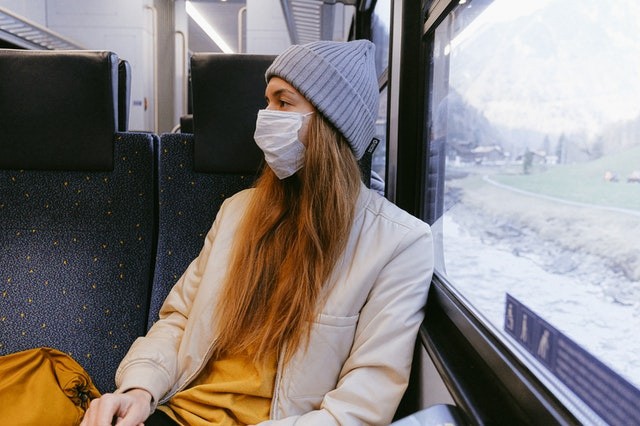
With spring fast approaching and the end of the COVID-19 pandemic finally in sight, thanks to the vaccine rollout starting, you might be thinking about taking a short vacation during your spring break this year. Of course, travel still looks very different right now, so if you're planning to go on a trip, there are certain precautions you should take to make sure that you do so safely. Here are some tips to help you out:
Follow all local authority guidelines
Wherever you're thinking of traveling to, be sure to check the local regulations and restrictions in advance. This is firstly to see if travel there is allowed, and secondly to see what guidelines you must follow if it is. It's essential that you stick to these rules, both for your safety and others.
Keep it domestic
International travel is pretty much off the table right now for a lot of us, so keeping your vacations to locations within the US is preferable. It also helps you to avoid getting stranded somewhere if the rules change!
Stay with reputable companies
It's vital that the accommodation you stay in is safe, so pick a hotel with a good reputation. This means you can rest assured that your passover Orlando vacation or spring break ski trip will be a safe and virus-free one.
Research your destination
In addition to the local restrictions, it's worth checking how many COVID-19 cases there have been recently in the city you're considering traveling to. If they have a particularly high rate of infection, it would be wise to choose a different destination.
Consider getting tested
Some resorts or airlines might require you to have a COVID test in order to travel, so doing so could widen the destination options open to you. Plus, it means you can feel confident you won't be bringing the virus with you on vacation and putting others at risk. Obviously, if you test positive, you mustn't travel.
Avoid public transportation
Planes, trains, and buses can be hotspots for virus transmission, so avoid them where possible. Driving in your own vehicle is currently the safest way to travel, although if you don't have a car, you could consider renting an RV and hitting the road for your trip.
Maintain social distancing
Just like at home, you should continue to practice social distancing while on vacation. Staying six feet away from others is one of the most effective ways to avoid contracting or passing on the virus.
Wear a mask
You should always wear a face mask whenever you're inside a venue such as a shop, hotel lobby, museum, or other tourist attractions - in many places it's mandatory, so be sure to always have one on you!
Carry hand sanitizer
Another key item to always have available is hand sanitizer. This means that whenever you have to touch something that other people may have touched, such as door handles or elevator buttons, you can immediately make yourself safe.
Never travel if you feel unwell
This may well be the number one rule of travel: do not go anywhere if you feel sick! COVID-19 symptoms can be mild, so even if you only feel slightly unwell, you shouldn't take the risk. Stay home, and reschedule your vacation for another time - many hotels and airlines are offering flexible bookings for this very reason.
© 2025 ScienceTimes.com All rights reserved. Do not reproduce without permission. The window to the world of Science Times.











